My son, Jon-Jon, is on a new competitive baseball team (go Riptide!) and he had his first tournament this weekend. Normally Jon-Jon plays second base or short stop, but as the coach is still getting to know him, he was in left field for this particular tournament—which translated into several missed catches, not throwing the ball to the right cut-off man, not backing up the right person, etc.
As a parent, it was frustrating to watch, as my husband and I know that Jon-Jon is capable of a lot better fielding that he was showing.
And, by the last inning of the last game, it dawned on me.
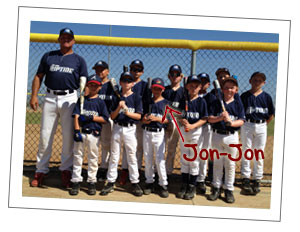 Flashback to two weeks ago, when we were visitng our friends Bo and Dawn Eason (BoEason.com). If you don’t know Bo, he’s one of the best speakers I’ve ever seen. He also had a successful five-year career as a starting safety in the NFL, and has subsequently both written and performed his hit Broadway play. Point is, he’s an amazing man, and so is his wife, who handles 4,197 things on a daily basis as well.
Flashback to two weeks ago, when we were visitng our friends Bo and Dawn Eason (BoEason.com). If you don’t know Bo, he’s one of the best speakers I’ve ever seen. He also had a successful five-year career as a starting safety in the NFL, and has subsequently both written and performed his hit Broadway play. Point is, he’s an amazing man, and so is his wife, who handles 4,197 things on a daily basis as well.
As we were talking recently, we were sharing stories of customers who aren’t getting the results they want. In both cases, the customers were attempting to do something completely outside their core competency and experience.
In Bo’s case, he had a customer who built a successful business as a consultant, but was now trying to match his consulting income through speaking alone, with a vision of becoming a multi-million dollar speaker. This guy was decent on stage, but he was starting from scratch and just didn’t have the raw charisma or talent out of the gate to set him apart.
My client, who was an incredibly successful real estate broker, had created an awesome product in the real estate market, but was frustrated that she wasn’t making six or seven figures in passive product sales online during her first year.
What do these examples have in common? They are both people playing out of position.
What usually happens is that we see something working well for someone else. Being achievers, we dive in full-force to implement it for ourselves—often to the exclusion of all else—thinking that we can have a similar result in a short period of time.
There are two challenges with this approach:
 1. The first challenge comes from our tendency to assume (and we all know how dangerous it is to assume!) that just because we had success in our current endeavor that this will translate to instant success in our new endeavor.
1. The first challenge comes from our tendency to assume (and we all know how dangerous it is to assume!) that just because we had success in our current endeavor that this will translate to instant success in our new endeavor.
It reminds me of hiring creative staff members when I was at Tony Robbins. We’d always look for people who graduated top in their class from an A-level college, usually in the liberal arts or communications field. Of course, this translated into hiring people who were really smart and used to doing well at just about everything they tried, including test scores, extra curricular activities, sports, etc. All of a sudden, however, they were in a new environment that required an entirely new set of skills they had to learn from scratch. For the first time, many of these achievers had the painful experience of being temporarily “bad” at something.
One thing I learned from this experience is that achievers are typically not great at not being good at something. 🙂
I also learned that it is possible to shorten the learning curve on an entirely new set of skills, but it’s very tough to eliminate it altogether. Understanding this won’t necessarily help you achieve success any faster, but it will help you keep frustration down—and we all know that mindset is at least half the battle.
2. Our second challenge comes from falling into the trap of thinking there is only one way to do something. When you see something powerful that you want to model, the key is to find out the principles that made it work, but adapt the execution to your specific situation.
For example, by mastering his speaking and presentation skills, Bo’s client can significantly boost his consulting business by adding to his credibility, creating another powerful lead source for his consulting and building another stream of income that diversifies his business.
The distinction, however, is for him to add and develop his speaking and training skills to what he’s already doing instead of trying to replace his consulting entirely. And if he’s 100% positive that he wants to entirely replace his consulting with speaking or something else, it’s possible, but it requires an effective transition, not jumping ship from one to the other overnight. He needs to grow into it.
In terms of my real estate client, it’s unlikely she will master online marketing and product launches to the tune of six or seven figures within her first year, especially without a list, or access to one. And, she’s not going to have the credibility in her market if she’s not an active broker who also doesn’t yet have any case studies of people who’ve successfully used her products and services.
However, by adding products and services to her portfolio while she’s still brokering, she can create additional income, build her platform, and extend her offerings by having an upsell (or downsell) for her clients. Creating a product or service will also establish her as the go-to expert in her region. It also creates all kind of possibilities for growth on topics such as how to stage your house to sell it for 10% more, 10 tricks sellers use to try to get you to pay more, how to select the right agent for your home, etc. There’s also a huge opportunity for her to create training products and programs to help other real estate brokers maximize their businesses. Real estate training is a hot niche, with over 165,000 global monthly searches for that phrase alone. (And ultimately I think she should consider a Kindle book, more on that in an upcoming post.)
The key is for her to look at her business as a whole, and how adding products and services to her real estate sales business can extend her income and impact. Building products shouldn’t be her way out of real estate sales tomorrow.
My point in all of this is to be careful not to play out of position in your business. You’re an expert in your specific area for a reason, and you won’t get to the next level by changing your core focus for your business overnight.
Use the new strategies, tools and technologies you have access to as a way of extending what you are already doing and what you are already great at. And, if you want to do something new, find a way to elegantly transition to the new thing.
In Bo’s case, it wasn’t a 180-degree shift to go from the NFL to Broadway. It was a continuation of his self-expression in a way that could massively help other people. He used his NFL experience (and still does) as the jumping off point for the next phase of his career, which is speaking, performing and training.
In sports, when you are not where you are supposed to be, it hurts the team. In business, it robs you of the momentum gained by building on what you’ve already mastered.
So what happened with my son?
Sure enough, in the next inning, the coach put Jon-Jon at second base, and on the next play he made a diving catch and got the out. Go Riptide!
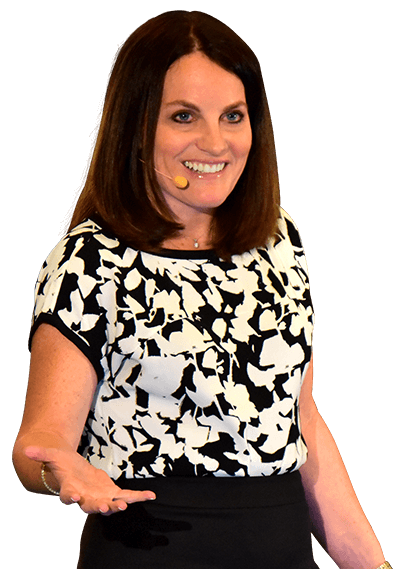
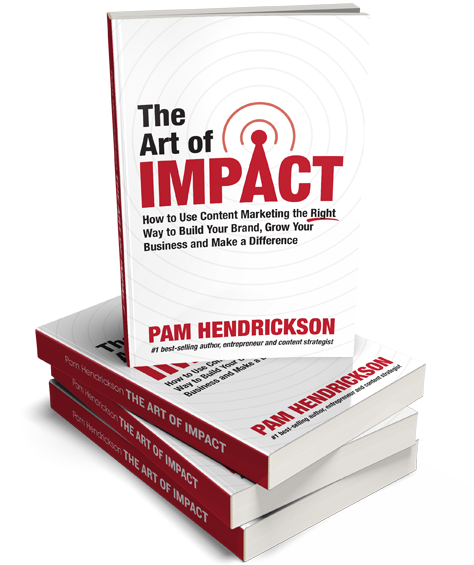
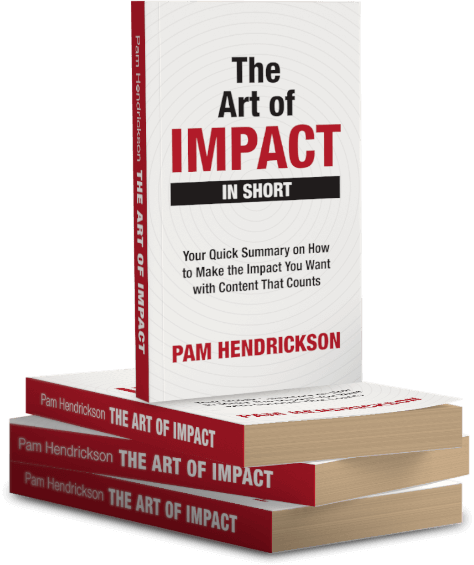
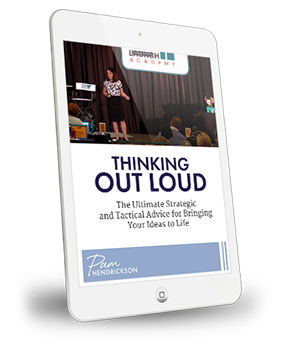
I have been true follower of your work Pam and I love your Make Market Launch program even though I never bought it. However the templates have helped me to coach my clients here in the caribbean.
This article is a masterpiece. Keep up the good work.
Nice to hear (I spend a lot of time on those darn templates so happy that they are useful!). 🙂
Once again, you’ve given me a lot to think about, Pam. Thank you so much.
You’re work is definitely playing in position and you’re helping countless people find the best path to successful self-expression and fulfillment.
I’m off to quietly ponder how I can play in position and elegantly move from one stage to the next.
Thanks Jim -it’s nice to hear from you. Drop me a note to let me know how you’re doing when you have a moment.
To be able to play your position takes discipline, humility, and lots of practice. In my experience, it’s not so simple. I played pro tennis and know this quite well from my days as a competitive athlete. Now that I work with high performers in many fields, the hardest thing for them (and all of us high achievers) is being able to recognize when we are being driven by the achievement, leaving our selves behind. It takes deep listening to play one’s position and stay true to that. For high performers in all fields, this inner work is as or more important than mastering the outer game. In fact, this inner work is what allows those at the top to rise to “prime time.” Great stuff Pam! Thank you.
Well put and profound as well – I appreciate you taking the time to respond so thoughtfully. Certainly this has been true for me.